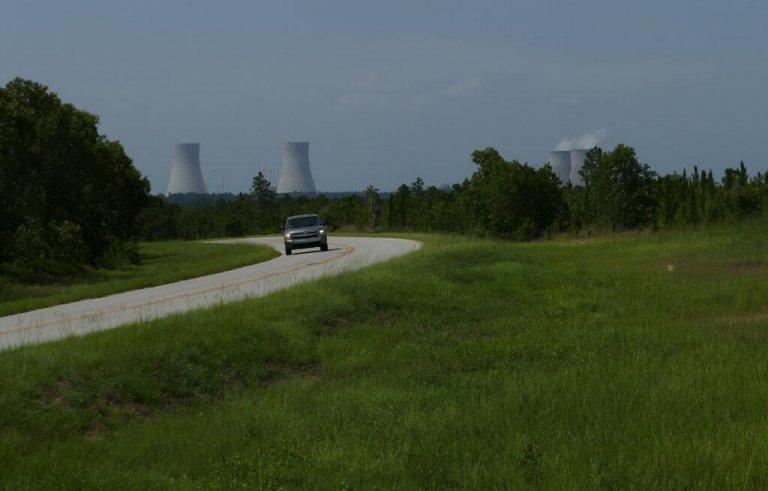
Caption
An independent monitor predicts that the overdue and over budget Plant Vogtle nuclear plant expansion will likely take months longer than recent predictions and cost as much as $2 billion more to finish.
Credit: John McCosh / Georgia Recorder

